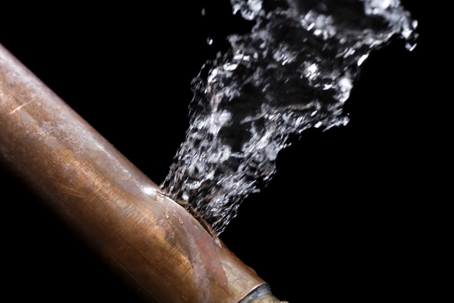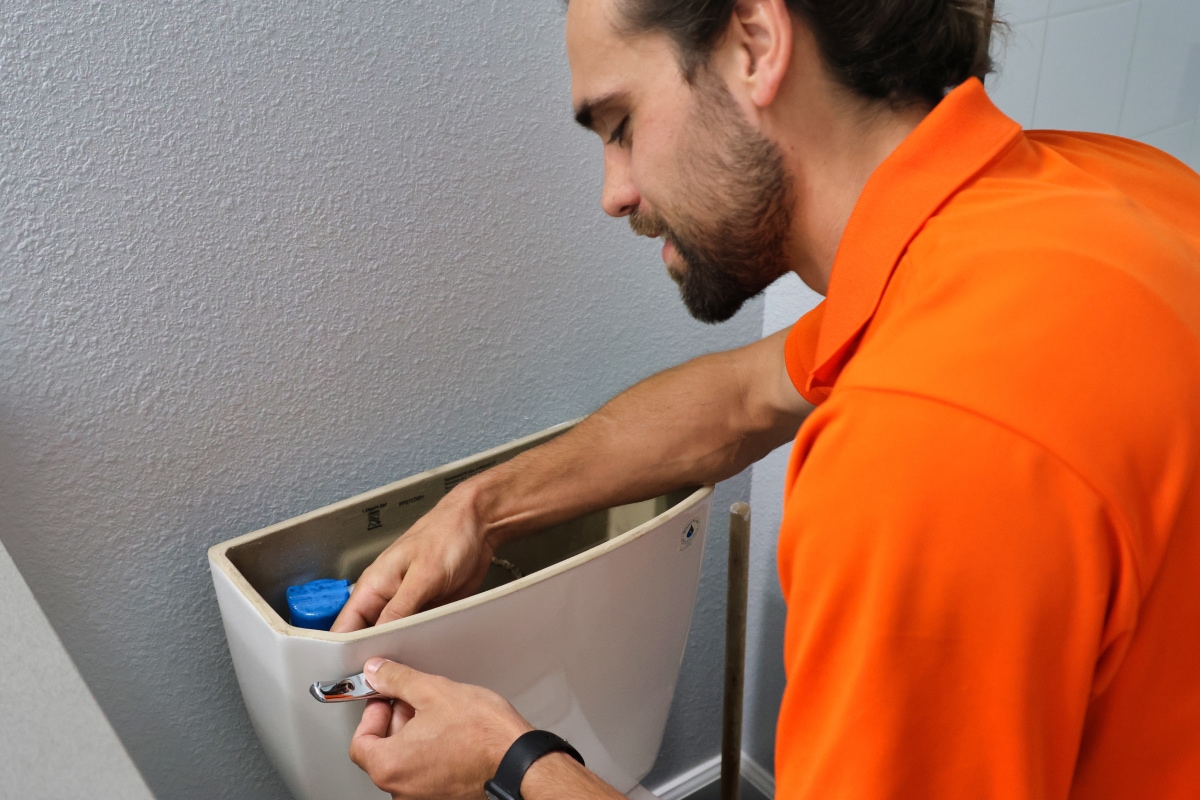Temporary Solutions for Plumbing Issues: Crucial Steps to Take Until Support Arrives
Temporary Solutions for Plumbing Issues: Crucial Steps to Take Until Support Arrives
Blog Article
Are you hunting for additional info on What to Do During a Plumbing Emergency?

Plumbing emergency situations can strike at any moment, triggering anxiety and prospective damage to your home. Whether it's a burst pipe, a clogged up drainpipe, or a dripping tap, understanding how to take care of the circumstance up until a professional plumber arrives can conserve you from more issues. This short article supplies crucial emergency situation plumbing suggestions to assist you reduce damage and regain control during a plumbing situation.
Switch off the Water
The very first step in any kind of pipes emergency is to turn off the supply of water. For localized concerns, such as a dripping faucet or toilet, turn off the valve near the fixture. In the case of a major leak or burst pipe, locate your home's main water shut-off valve and transform it off immediately. Knowing the area of these shutoffs ahead of time can conserve beneficial time throughout an emergency situation.
Address Little Leaks with Temporary Fixes
Little leaks can swiftly end up being substantial troubles if left uncontrolled. Utilize these short-term fixes up until expert assistance shows up:
While these fixes aren't long-term, they can assist lessen water loss and damages.
Unclog Drains Pipes Securely
A clogged up drain can be a frustrating and messy issue. Right here's exactly how to tackle it:
If these approaches do not function, stay clear of making use of excessive force, as it may worsen the blockage.
Manage Overflowing Toilets
An overflowing bathroom can trigger instant mayhem. Right here's what you ought to do:
Shut down Your Hot Water Heater
In certain emergency situations, such as a ruptured pipe, it's important to turn off your hot water heater. This stops overheating or damages to the system when water stops moving. Shut off the power supply to the hot water heater (electric or gas) and let it cool to avoid possible risks.
Temporarily Quit a Burst Pipeline
A burst pipeline can result in substantial water damage in mins. To reduce the concern:
Call an expert plumber promptly to deal with the issue permanently.
Take Care Of Frozen Pipes Meticulously
In chillier environments, frozen pipelines are a typical emergency. If you presume an icy pipe:
Prevent Additional Damages
Taking fast action to reduce damage can conserve you money and time in the long run. Here's how:
. Have an Emergency Plumbing Set
Prepare a fundamental pipes emergency situation package to take care of small concerns successfully. Your package needs to consist of:
Having these devices accessible can make a substantial distinction in your ability to handle emergency situations.
Know When to Call a Specialist.
While quick fixes can aid temporarily, certain plumbing problems need instant specialist focus. Call a plumber if:.
Quickly getting in touch with an expert guarantees the problem is fixed properly and avoids additional problems.
Conclusion.
Plumbing emergencies can be overwhelming, yet with the appropriate expertise and devices, you can handle the circumstance efficiently until help arrives. By switching off the water, resolving little leaks, and using short-lived solutions, you can lessen damage and keep your home safe. Bear in mind, these pointers are momentary services; always consult a qualified plumbing to deal with the root cause of the trouble. Preparation and quick reasoning are your finest allies in any pipes emergency situation.
8 Helpful Tips for Managing Plumbing Emergencies at Home
If your plumbing system hasn’t failed once, wait for it because almost everyone has a story to tell. Sometimes, it could be simple emergencies such as a leaking pipe, a blocked cistern, or even a big burst pipe. In situations like this, you need to have some handy tips to save you some money and from possible damages.
Take care of minor issues early.
Sometimes, you could have avoided an emergency by taking proactive measures while it was still early. Some major plumbing emergencies can be a result of an ignored minor issue. We recommend that you have items like plumbing tapes and other related items. A plumbing tape can allow you to manage minor leaks before the plumber arrives.
Cut off the water supply.
This tip is essential in almost any type of leakage problem. For problems like minor leakages in the toilet or kitchen, turn off the supply that takes water to the affected pipes. If the leakage is a major pipe, you must shut off the supply valve to the entire building. This will help you avoid flooding your home and neighbors if you share a flat.
Know your plumbing system
Folks typically move into a new apartment without understanding the water supply around the building. This can prove disastrous if a water emergency arises and the plumber is far away. The previous tip will prove useless if you don’t practice this one. More importantly, know where your water shut-off valve is located – you’ll need that knowledge to prevent potential home floods.
Have some common handy tools
There are lots of plumbing emergencies that you can handle without hiring a plumber. That’s why you must keep some tools available always. Some tools that you can use to fix simple plumbing emergencies easily include plumbing tapes, screwdrivers, thread seal tapes, plungers, pliers, tape measures, and rubber gloves.
Insulate your pipes from cold
You’ll save yourself from many plumbing expenses if you protect your water pipes from the cold. This is because of the harmful effects that cold weather can have on your pipes. During winter, your pipes can burst from being overly expected to freezing temperatures. So, make sure insulators are there to keep the pipes working correctly.
Avoid practices that will clog your toilet.
Many people indulge in practices that can damage the plumbing system of the entire building. One of these is when they use their toilet to dispose-off garbage. They flush all kinds of things, such as paper towels, bandages, hairs, female sanitary products, etc., down the toilet. This will block your toilet in the long run, incurring unnecessary expenditures. Dump such waste in the trash instead.
Check your dials regularly.
Sometimes, there could be leakages in your home without noticing them in time. So, constantly monitor your water meter dial. If the dial is reading when there is nobody using water, this is an indicator that there is leaking. Check for leaks immediately. Call a plumber as soon as possible if you can’t find any.
https://www.constructionplacements.com/8-helpful-tips-for-managing-plumbing-emergencies-at-home/

I was made aware of that write-up about What to Do While Waiting for an Emergency Plumber from a good friend on a different web blog. If you enjoyed our blog entry kindly do not forget to share it. Thank you for taking the time to read it.
Call Report this page